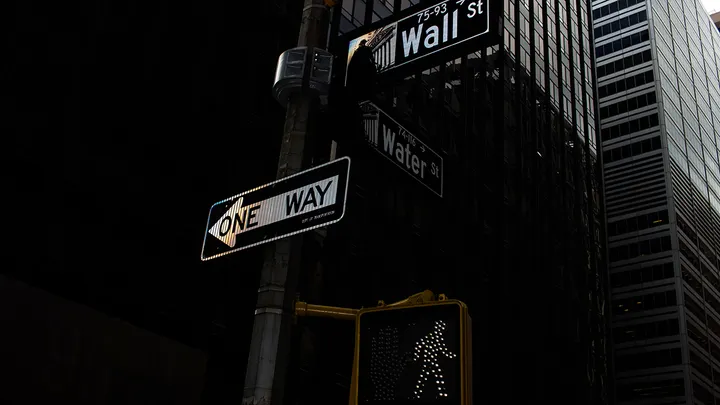
The sizable rally in the U.S. stock market over the past month is likely to fizzle out as higher interest rates take a toll on the U.S. economy, according to Morgan Stanley.
Michael Wilson, the chief U.S. equity strategist at Morgan Stanley and a longtime Wall Street bear, said in an analyst note on Monday that the Federal Reserve’s aggressive tightening campaign that contributed to a spate of bank collapses in March could trigger other surprising problems.
“If there is one thing that can throw cold water on the large mega-cap rally, it’s higher yields due to a Fed that can’t stop hiking,” Wilson wrote in the note.
The Fed has already voted to lift the benchmark federal funds rate nine times over the past year, and has opened the door to a 10th rate hike during its next meeting in early May despite recent turmoil in the financial sector and signs of a slowdown in the broader economy.
Wilson warned that investors are likely to face “more negative surprises” in the coming months.
There are other concerning developments in the market, according to Wilson. The percentage of stocks outperforming the S&P 500 over the past three months recently hit the lowest level on record, a sign that investors may “suddenly” acknowledge that earnings forecasts “remain too optimistic,” he said.
“We think the recent collapse in breadth is the market’s way of warning us we are far from out of the woods with this bear market,” Wilson wrote.
The gloomy forecast comes after a brutal year for the stock market, its worst since the 2008 financial crisis. All three indexes tumbled in 2022, snapping a three-year win streak. The Dow Jones Industrial Average ended the year down 8.8%, the best of the three. The S&P 500 sank 19.4% while the tech-heavy Nasdaq Composite plunged 33.1%.
Stocks rallied in the first quarter of 2023, and equities seem poised to continue that momentum despite sticky inflation and the threat of additional rate hikes. As of Monday afternoon, the S&P is up about 8% from the start of the year.
Wilson previously warned the benchmark S&P will tumble about 20% over the course of the year due to an earnings recession and continued fallout from the banking crisis.
“We’re in the earnings recession camp. So whether we have an economic recession or not it isn’t as important as the earnings recession,” he said during a Friday interview on Bloomberg. “The earnings situation is way worse than what the consensus thinks… The banking stress only makes us even more confident of that.”
























